BRING BACK EDEN
Why Use Edible Landscapes?
Edible landscapes offer a transformative approach to gardening and land management, providing a stark contrast to traditional landscapes that often rely heavily on pesticides and non-edible ornamental plants. By integrating food-producing and native plants into residential, communal, and urban spaces, edible landscapes not only enhance the aesthetic appeal of these areas but also provide significant health and environmental benefits. Here are four benefits of edible landscapes that combat poor health and the drawbacks of standard pesticide-reliant landscapes...
Improved Nutritional Access
Direct Source of Nutritious Foods: Foods lose nearly 90% of their nutritional value after three days of being harvested. Edible landscapes provide a variety of fresh fruits, vegetables, herbs, and nuts right at your fingertips. This direct access to nutrient-rich foods can significantly improve dietary habits, offering a diverse array of vitamins, minerals, and antioxidants essential for good health.
Promotes a Balanced Diet: The variety of produce available in an edible landscape encourages a more balanced and diverse diet. Incorporating a wide range of fruits and vegetables into meals can help prevent nutritional deficiencies and promote overall health.
Reduction of Pesticide Exposure
Minimized Chemical Use: Edible landscapes often employ organic gardening practices that minimize or eliminate the use of synthetic pesticides and fertilizers. This reduces exposure to harmful chemicals that can be associated with various health risks, including neurological problems, cancer, and hormonal disruptions.
\
Enhances Soil and Plant Health: By using natural pest management and soil enrichment techniques, such as companion planting, mulching, and composting, edible landscapes promote healthier soil and plants. This, in turn, contributes to the production of more nutritious food while preserving environmental health.
Physical & Mental Health Benefits
Encourages Physical Activity: The maintenance of an edible landscape involves physical activities like planting, weeding, harvesting, and being outside with your loved ones. This engagement in regular outdoor exercise can improve cardiovascular health, increase strength and flexibility, and contribute to weight management.
Supports Mental Well-being: Interacting with nature and participating in gardening activities have been shown to reduce stress, alleviate depression, and improve mood. Edible landscapes and food forests offer a serene and productive space that can enhance mental and emotional health through a sense of accomplishment and connection to the environment.
Promotes Biodiversity & Ecological Balance
Supports Local Wildlife: Edible landscapes that incorporate a variety of plants can attract and support beneficial insects, birds, and other wildlife. This biodiversity is crucial for pollination, pest control, and the overall health of the local ecosystem.
Reduces Environmental Impact: By prioritizing sustainable practices and reducing reliance on chemical inputs, food forests contribute to cleaner air and water. They also play a role in creating healthier landscapes by sequestering carbon in the soil and creating food residency and sovereignty by keeping food local.

